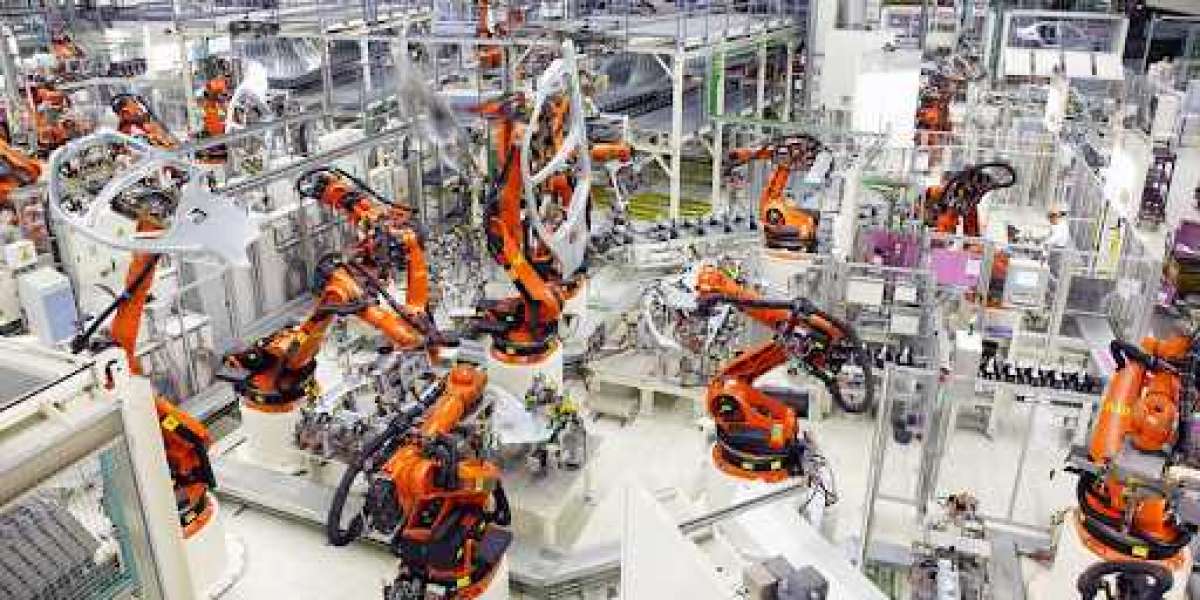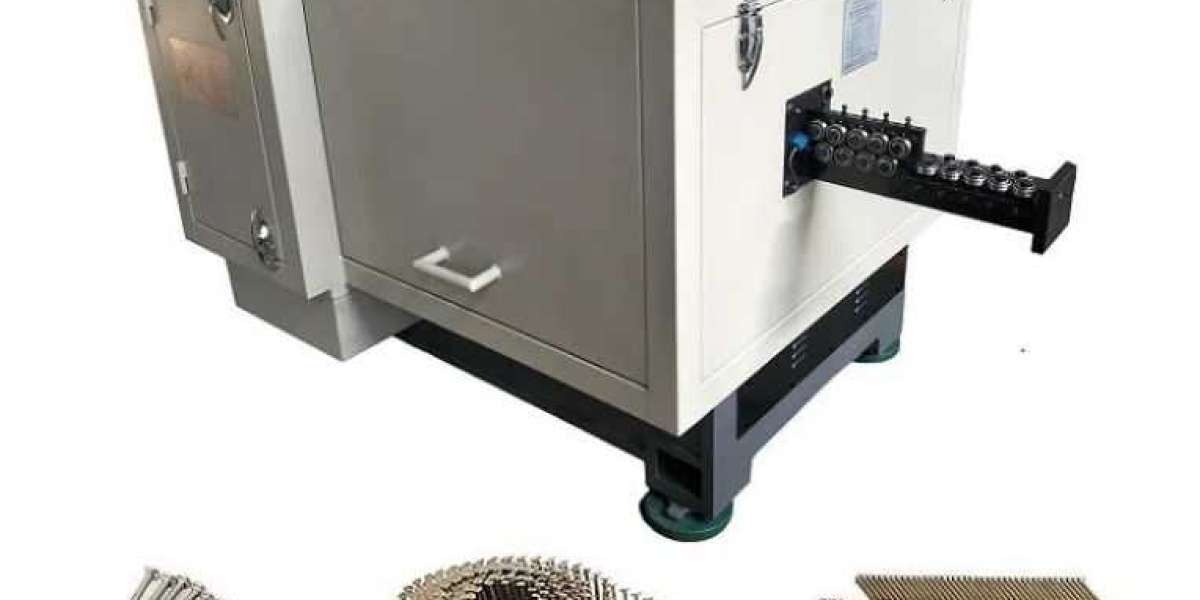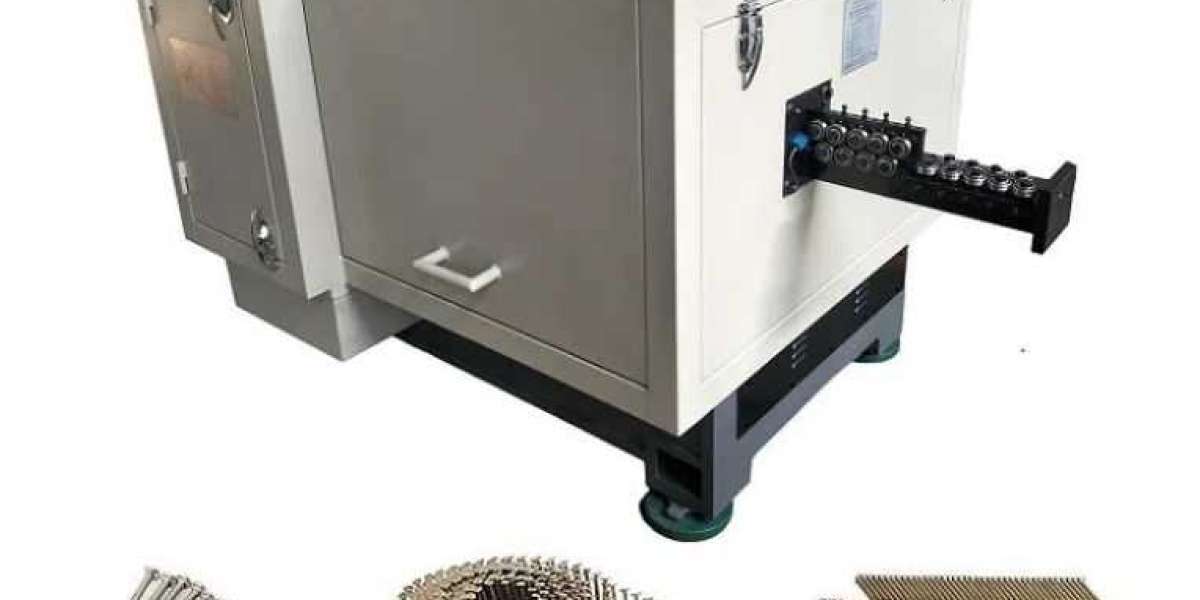Unlocking Potential: Exploring the Capabilities of AI in Industrial Robotics
Industrial robotics has witnessed a paradigm shift with the integration of Artificial Intelligence (AI), revolutionizing traditional manufacturing processes. AI technologies empower robots with advanced capabilities, enabling them to perform tasks with unprecedented efficiency, precision, and adaptability.
Evolution of AI in Industrial Robotics
The convergence of AI and industrial robotics traces back to early experiments in automation. However, it was the refinement of machine learning algorithms and the advent of computational power that paved the way for AI-enabled robots capable of complex decision-making and learning from data.
Understanding AI Capabilities in Industrial Robotics
AI endows robots with a spectrum of capabilities, including machine learning algorithms for predictive analytics, computer vision for object recognition and navigation, and natural language processing for human-robot interaction. These capabilities enhance robots' perception, cognition, and interaction with their environment.
Enhancing Efficiency and Precision
AI-driven optimization algorithms optimize production processes, reducing cycle times and minimizing resource waste. Predictive maintenance algorithms anticipate equipment failures, enabling proactive interventions to prevent costly downtime. Furthermore, AI-powered quality control systems ensure consistency and precision in product manufacturing.
Improving Safety and Collaboration
AI plays a pivotal role in enhancing workplace safety by assessing and mitigating risks associated with robotic operations. Collaborative robots, equipped with AI algorithms, can dynamically adapt their behavior to interact safely with humans, fostering a symbiotic relationship between man and machine.
Applications Across Industries
AI-enabled robotics find applications across diverse industries. In automotive manufacturing, AI-driven robots streamline assembly processes and ensure product quality. In healthcare, surgical robots equipped with AI enhance the precision and safety of medical procedures. Similarly, in logistics and warehousing, AI-powered robots optimize inventory management and order fulfillment operations.
Challenges and Considerations
Despite its transformative potential, the integration of AI in industrial robotics poses challenges and considerations. Ethical concerns regarding job displacement and algorithmic bias necessitate careful ethical and regulatory frameworks. Technical challenges, such as data interoperability and system integration, require concerted efforts to overcome. Additionally, the impact of AI on the workforce underscores the importance of reskilling and upskilling initiatives.
Future Prospects and Trends
The future of AI in industrial robotics holds immense promise. Integration with the Internet of Things (IoT) and big data analytics will enable real-time data-driven decision-making and predictive maintenance. Human-AI collaboration will evolve, with robots and humans working seamlessly together in shared workspaces. Autonomous Decision-making capabilities will further enhance robots' autonomy and adaptability, ushering in an era of truly intelligent manufacturing.
Conclusion
AI represents a transformative force in industrial robotics, unlocking unprecedented levels of efficiency, precision, and adaptability. As AI technologies continue to evolve, the synergy between man and machine will redefine the landscape of manufacturing, creating new possibilities and opportunities for innovation and growth.
FAQs
- What are some examples of AI capabilities in industrial robotics?
- AI capabilities include machine learning algorithms, computer vision, and natural language processing, enabling robots to perceive, learn, and interact intelligently with their environment.
- How does AI enhance efficiency and precision in manufacturing processes?
- AI-driven optimization algorithms streamline production processes, while predictive maintenance algorithms anticipate equipment failures, minimizing downtime and resource waste.
- What role does AI play in ensuring workplace safety in industrial settings?
- AI assesses and mitigates risks associated with robotic operations, while collaborative robots equipped with AI algorithms dynamically adapt their behavior to interact safely with humans.
- What are some challenges to integrating AI into industrial robotics?
- Challenges include ethical concerns regarding job displacement and algorithmic bias, technical hurdles related to data interoperability and system integration, and workforce implications necessitating reskilling and upskilling initiatives.
- What are the future trends in AI-enabled industrial robotics?
- Future trends include integration with IoT and big data analytics for real-time data-driven decision-making, human-AI collaboration in shared workspaces, and the evolution of autonomous decision-making capabilities.








